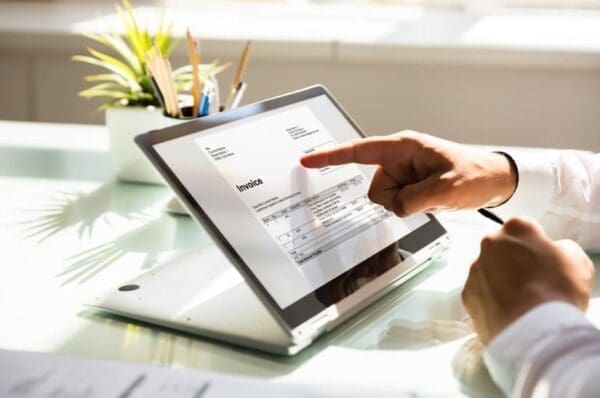As Latvia takes concrete steps to establish mandatory e-invoicing, the second reading of amendments to the Accounting Law clarifies the initiative. These changes, which align with European standards, focus on enabling structured electronic invoices that streamline cross-border transactions and simplify business processes. Earlier discussions have highlighted Latvia’s ambition to adopt e-invoicing, setting the stage for what’s now becoming a formal legislative mandate.
This update builds on the groundwork laid in previous announcements, such as Latvia’s initial plans for a 2025 e-invoicing mandate and the public feedback phase for the draft law. With the Accounting Law amendments moving forward, Latvia is preparing for full implementation.
Summary of the Second Reading Amendments
The recent amendments, prepared by the Budget and Finance (Taxation) Committee, provide clear guidelines for structured electronic invoices (e-Invoices) to ensure compatibility and automatic processing. Specifically, e-Invoices must meet the EN 16931-1:2017 EU standard, aligning Latvia’s practices with EU interoperability standards. This structured approach to invoicing is expected to reduce manual data entry, improve accuracy, and increase operational efficiency across sectors.
Notable updates:
- E-Invoice definition: Structured e-Invoices must be prepared, sent, and received in a format suitable for automatic electronic processing, enabling seamless data integration.
- Mandatory compliance by 2025: All public entities in Latvia will require e-invoices in this structured format from January 1, 2025, with B2B transactions following in 2026.
- Applicability: The amendments cover transactions between Latvian-registered companies and specify exceptions for some instances, such as inter-governmental transactions and payments within government entities.
Transition timelines and requirements
To facilitate the transition, the government has set a timeline that provides businesses ample time to prepare:
- Compliance deadlines: Public entities must implement e-invoicing by 2025, and B2B transactions must be initiated by January 1, 2026.
- Further regulatory guidance: The Ministry of Finance will publish detailed instructions by July 2025 outlining structured e-invoice data submission requirements to the State Revenue Service.
How to prepare
This is a critical time for Latvian businesses to review and upgrade invoicing systems to support structured e-invoicing standards. Using Peppol-compatible systems that comply with the required EU standard can facilitate a smooth transition.
The full details of these amendments can be accessed in the official update to the Accounting Law, which is available for download here.
Key takeaways
- Prepare for mandatory e-invoicing: For government entities, it will start on January 1, 2025, with B2B compliance expected by 2026.
- EU standards alignment: Latvia’s e-Invoices will adhere to EN 16931-1:2017, ensuring seamless EU-wide interoperability.
- Upcoming regulatory updates: Look for detailed Ministry of Finance regulations by July 2025.
With these amendments, Latvia continues its journey toward a fully digital and efficient invoicing ecosystem, supporting its vision of a unified, cross-border digital economy.



